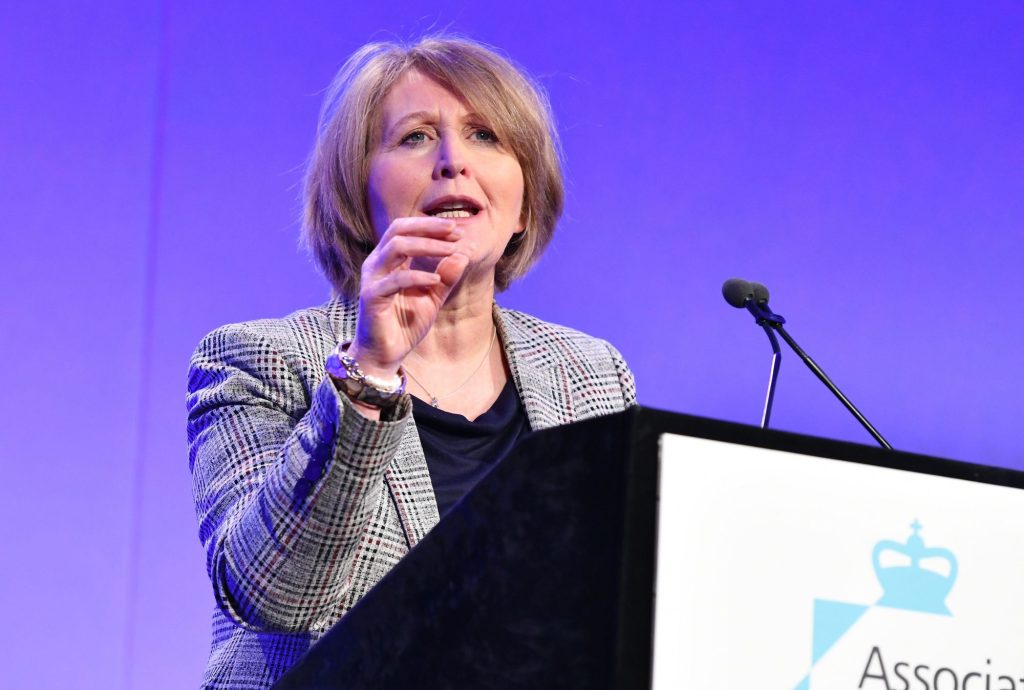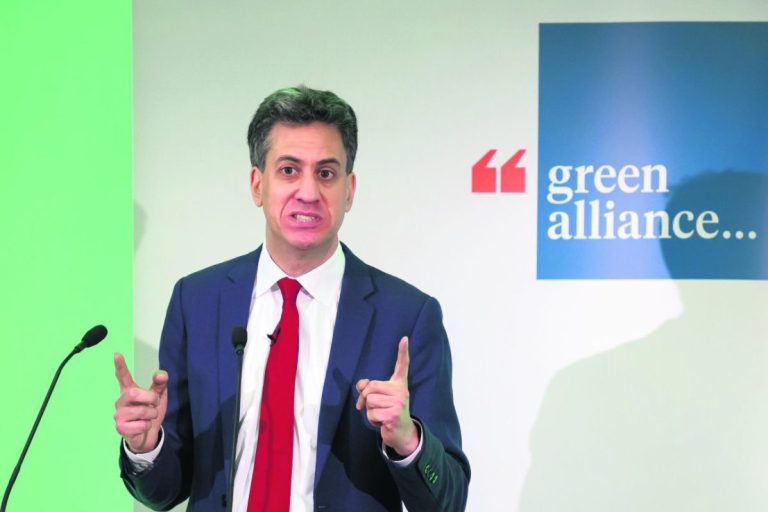
2BHHEFT Anne Longfield, Children's Commissioner for England, speaking at the APCC & NPCC (Police Chiefs) Partnership Summit 2020 in London, England , UK
In recent discussions surrounding digital safety, Baroness Anne Longfield, a former children’s commissioner, has voiced her concerns regarding the Online Safety Act and its potential to effectively hold tech companies accountable. The paramount question she raises is whether the government possesses the resolve to challenge big tech on behalf of child protection online, as many firms currently feel unthreatened by the newly enacted legislation.
The Necessity of a Threatening Compliance Framework
Baroness Longfield argues that for the Online Safety Act to truly safeguard children, it must instill a sense of threat to the business models of tech giants. During a candid interview, she noted, « I don’t think media companies are feeling threatened by this [Online Safety Act]. They need to feel that it threatens their business model. » She elaborated on the issue, pointing out that tech companies have deep financial pockets, allowing them to absorb fines without any significant impact on their operations. The Act’s intended effect is to modify how these companies operate, prioritizing the safety of young users, yet Longfield fears it may lack the necessary mechanisms to do so.
Baroness Longfield’s Vision for Change
Having served as the children’s commissioner for England, Longfield has long been an advocate for youth protection and development. Her career journey includes key roles with various child-centered organizations, reflecting her long-standing commitment to children’s welfare. In 2024, she founded the Centre for Young Lives, emphasizing that the time is ripe for the country to reevaluate and reset its support systems for children. She remains an influential figure in the House of Lords, determined to draw attention to the vulnerabilities and challenges that children face in the digital era.
Addressing Digital Challenges for Modern Youth
In her explorations, Longfield has identified the digital age as a double-edged sword for today’s youth. While the internet offers boundless opportunities, it simultaneously narrows the prism of success, fueled by social media’s pervasive influence. For many children, success is closely tied to their online presence, creating pressures that did not exist during previous generations. The post-pandemic landscape has only exacerbated these challenges, increasing children’s vulnerability and widening societal gaps.
According to Longfield, the Online Safety Act should serve as more than just a legislative tick-box. It should embody a robust strategy with an accountable authority empowered to challenge the hegemony of tech firms. She suggests that throughout her engagements with tech companies, she observed a continual reluctance on their part to yield willingly. This resistance is problematic, given the enormous profits these companies derive from engaging young users and harvesting their data.
The Need for a Holistic Approach to Digital Safety
As the predecessor to the current children’s commissioner, Dame Rachel de Souza, Longfield’s perspectives on youth digital safety continue to resonate within the public sphere. She suggests raising the digital age of consent from 13 to 16, which she believes would break the chain between youth and algorithmic engagement, mitigating addictive patterns fostered by social media platforms.
Her initiatives, especially as part of the Centre for Young Lives, include advocacy for better governmental response mechanisms regarding children’s welfare, emphasizing the impact unaddressed mental health issues can have on the nation’s economic fabric. Recently, Longfield supported research indicating the astronomical lifetime costs of untreated childhood mental health issues in the UK, further advocating for a stronger focus on proactive, rather than reactive, measures.
Clearly, the discourse surrounding the Online Safety Act isn’t merely about punitive measures but about implementing a comprehensive framework that ensures tech companies can’t bypass necessary adaptations. Longfield calls for continuous scrutiny and adaptation, urging the government to bridge the existing legislative gaps to foster a safer digital environment for children.



